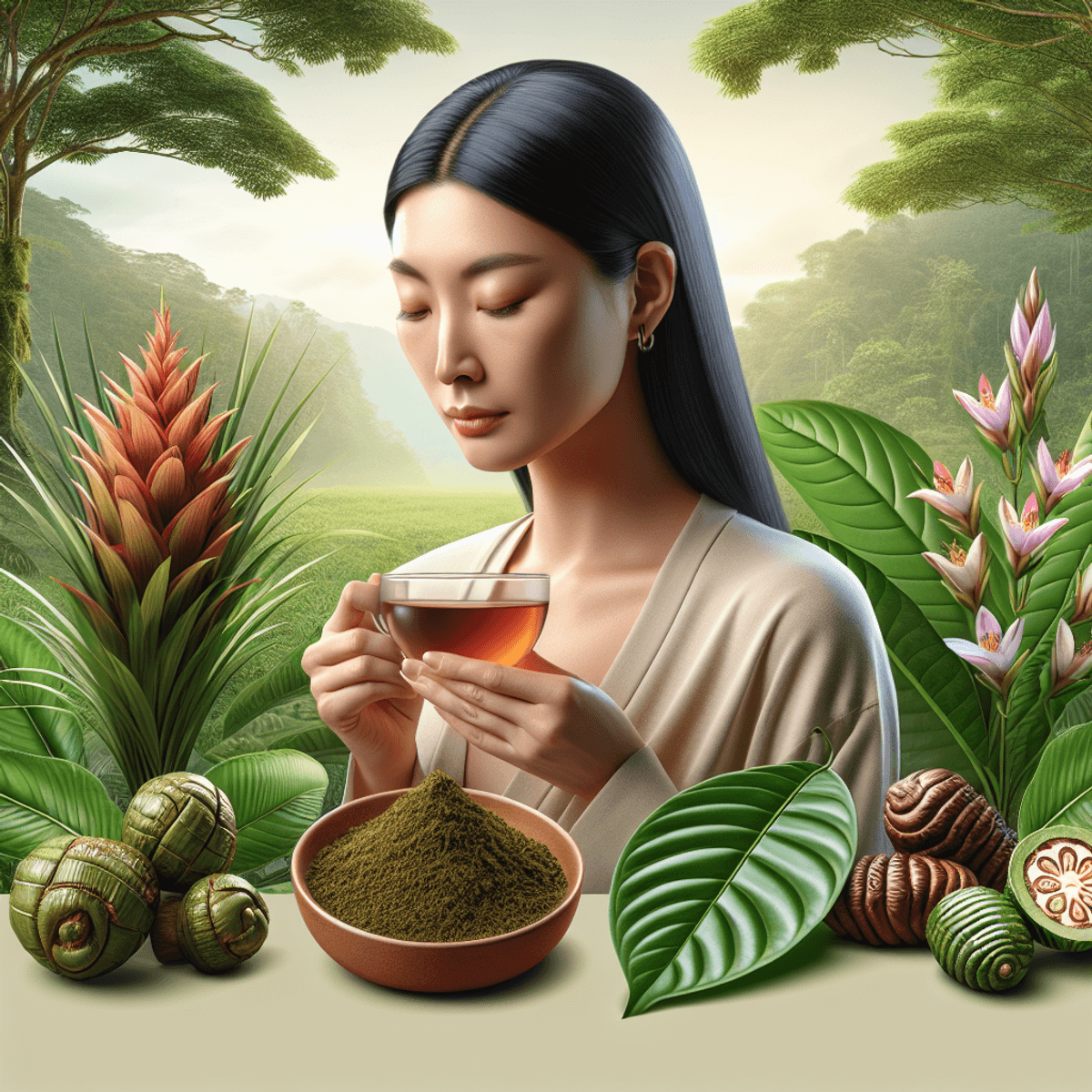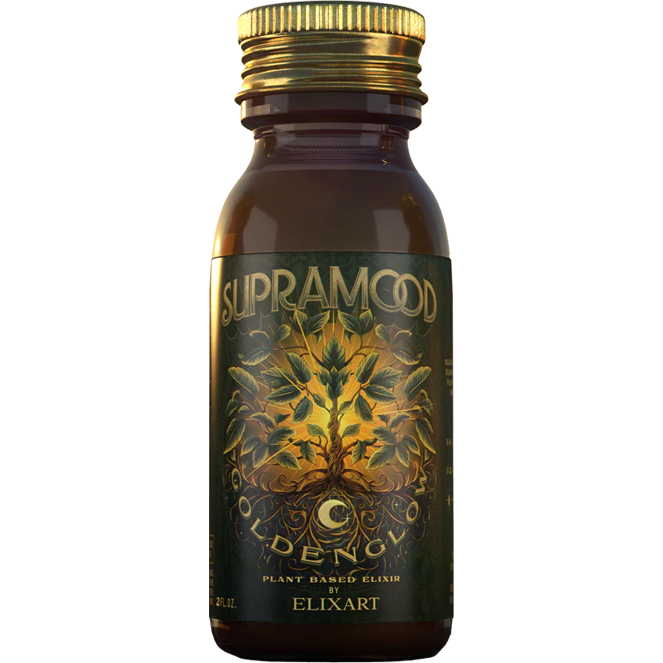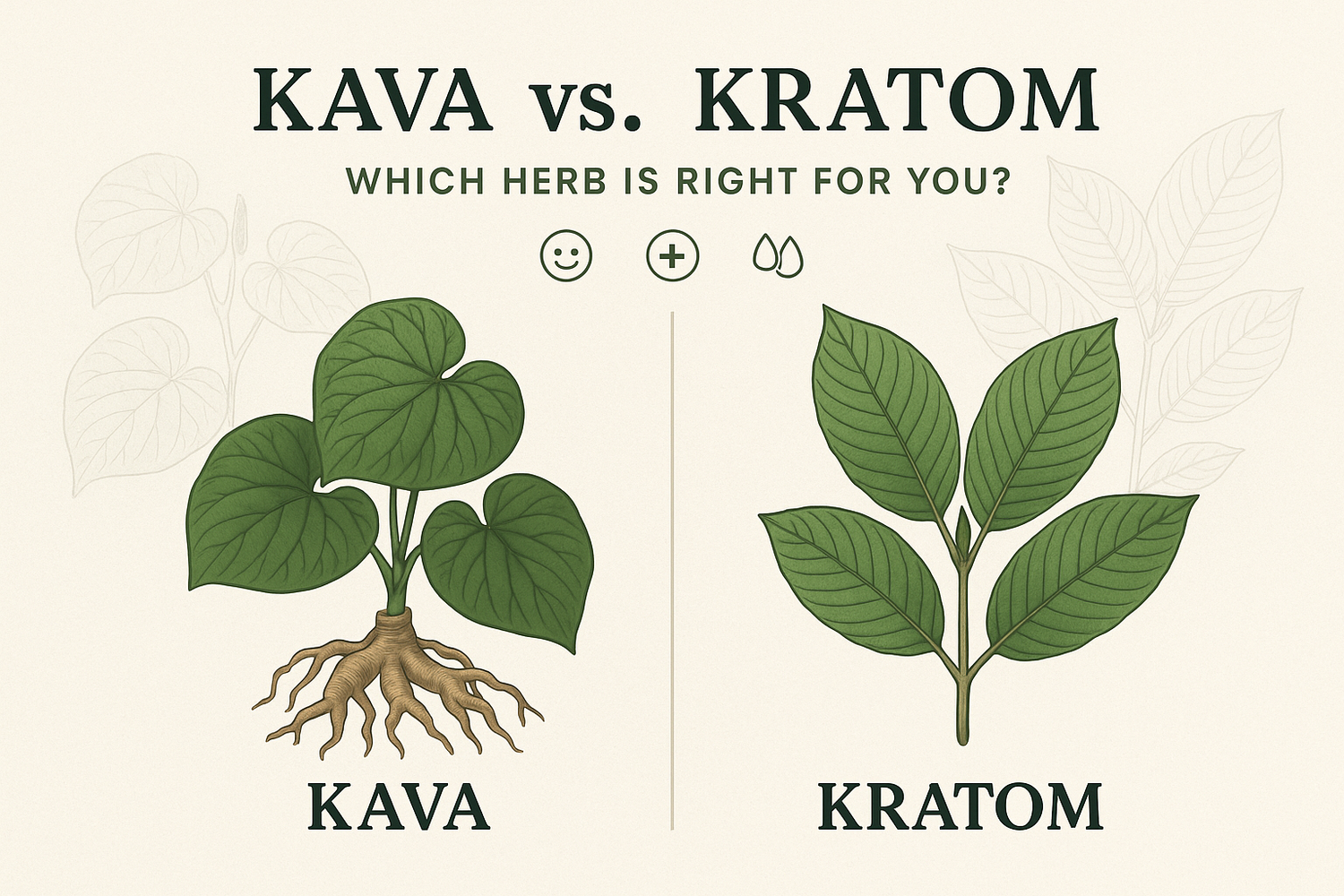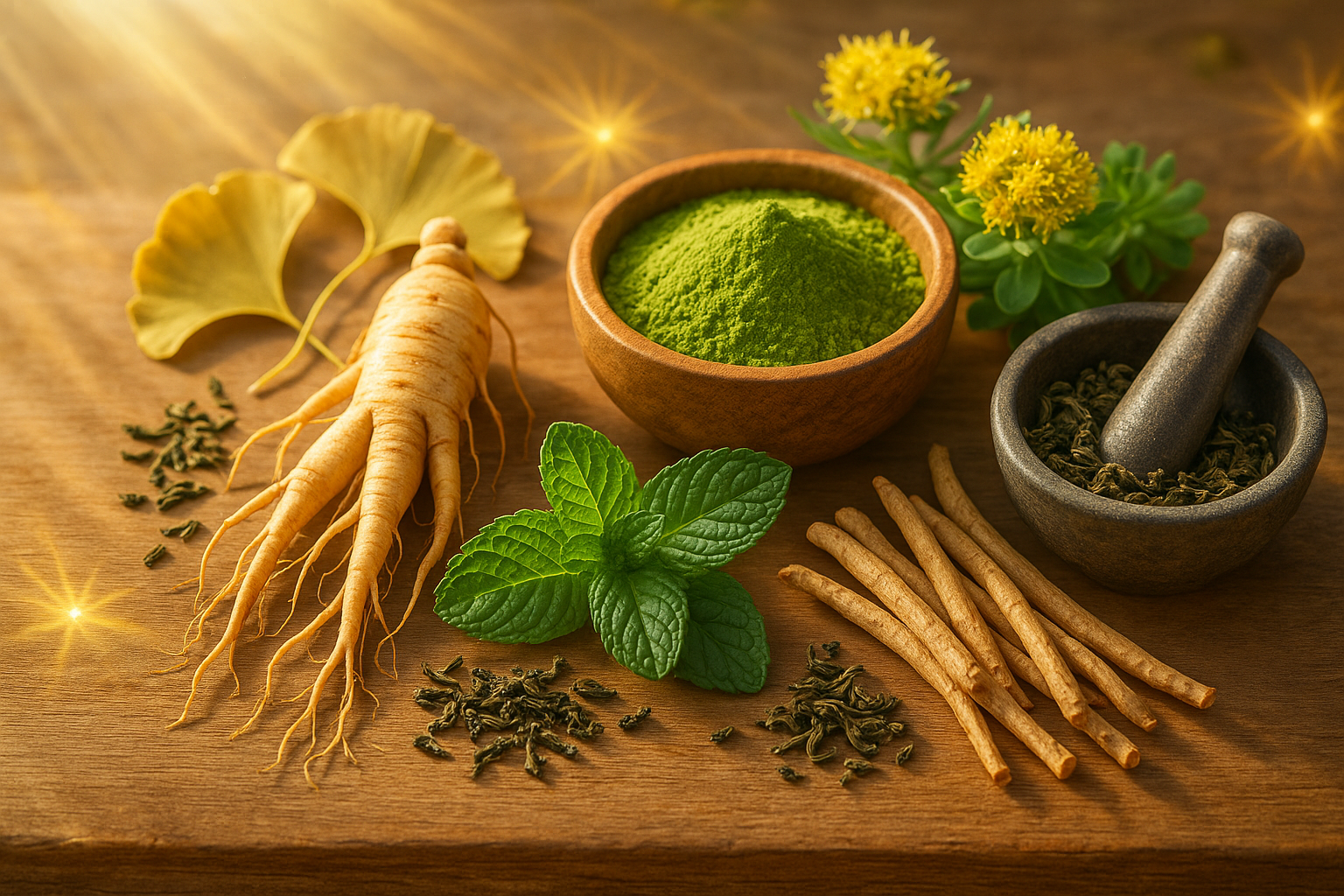When it comes to natural remedies for stress, anxiety, and pain relief, two herbs often come into the limelight: Kava and Kratom. Both have roots in ancient cultures and offer unique benefits, but they also come with their own set of considerations. Understanding the differences between these two can help you make an informed choice tailored to your individual needs.
Kava, a plant native to the South Pacific, is traditionally used in Polynesian cultures as a ceremonial beverage. It is renowned for its calming effects, making it a popular choice for those looking to alleviate stress and improve sleep quality. Kava's non-addictive nature adds to its appeal as a safe herbal option.
In contrast, Kratom originates from Southeast Asia and has been utilized for its diverse effects on the body and mind. Known for its pain-relieving properties, Kratom also offers potential benefits for anxiety treatment and opioid addiction management. However, its interaction with brain receptors similar to opiates raises concerns about addiction risks.
Choosing the right herb—Kava vs. Kratom—depends largely on your specific needs and preferences. Whether you're looking to manage stress, relieve pain, or seek alternative treatments for anxiety, understanding the unique properties of each herb is crucial.
Understanding Kava and Its Health Effects
Kava is a plant that is native to the South Pacific and holds significant cultural importance in Southeast Asia and Polynesian cultures. It has been traditionally consumed as a ceremonial beverage and is well-known for its calming properties.
Chemical Composition of Kava

The active compounds in kava are called kavalactones. These kavalactones interact with the brain's neurotransmitters, specifically gamma-aminobutyric acid (GABA), which helps to induce a state of relaxation and calmness.
Benefits of Using Kava for Stress Relief
Kava offers several benefits when it comes to managing stress:
- Stress Relief: Kava is highly regarded for its ability to reduce stress levels. The interaction between kavalactones and GABA receptors in the brain helps to lower anxiety levels, leading to a greater sense of peace and tranquility.
- Sleep Issues: Many people turn to kava as a natural remedy for sleep problems. Its calming effects on the nervous system can help improve sleep quality by reducing restlessness and promoting deeper sleep cycles.
- Anxiety Relief: Kava has also been studied for its potential in treating anxiety disorders. Its anxiolytic properties make it a viable alternative to prescription medications, offering relief from anxiety without the risk of dependence.
The combination of these benefits makes kava an appealing option for those seeking natural remedies for stress, sleep issues, and anxiety relief.
Exploring the Health Effects of Kratom
Kratom, a plant native to Southeast Asia, has been traditionally used for its medicinal properties. It has gained popularity in recent years for its diverse effects on the body and mind.
Diverse Effects on the Body and Mind
Kratom's chemical composition includes alkaloids like mitragynine and 7-hydroxymitragynine, which interact with opioid receptors in the brain. These interactions can produce both sedative and stimulant effects depending on the dosage. A comprehensive study published by the National Center for Biotechnology Information further delves into these effects.
Pain Relief
One of Kratom's primary uses is for pain relief. The alkaloids in Kratom provide potent analgesic effects, making it a popular alternative for those seeking natural pain management solutions.
Anxiety Treatment
Kratom also holds potential benefits for anxiety treatment. Its calming effects can help alleviate symptoms of anxiety, offering an herbal option for those looking to manage their mental health naturally.
Managing Opioid Addiction
The role of Kratom in managing opioid addiction is controversial. While some advocate its use as a harm-reduction tool due to its ability to ease withdrawal symptoms, others point to its potential for addiction and misuse. This dual nature makes it a subject of ongoing debate within the medical community.
Understanding these diverse effects is crucial for anyone considering Kratom as an herbal remedy.
Comparing the Sedative and Relaxation Properties of Kava and Kratom

Sedative Effects Comparison
When comparing the sedative effects of Kava and Kratom, it becomes clear that there are significant differences between the two:
- Kava: Known for its calming properties, Kava primarily affects the brain's GABA receptors. This interaction produces a sense of tranquility without heavily impairing cognitive functions. It’s particularly effective for unwinding after a stressful day or preparing for sleep.
- Kratom: In contrast, Kratom’s sedative effects come from its active alkaloids, mitragynine and 7-hydroxymitragynine, which interact with opioid receptors in the brain. This can lead to more profound sedation and euphoria, similar to the effects of opioid analgesics.
Mechanisms of Relaxation
Both herbs promote relaxation but through different mechanisms:
- Kava: By enhancing GABA activity, Kava induces muscle relaxation and reduces mental tension. Users often report a gentle, soothing wave of calm that helps mitigate anxiety and stress without significant drowsiness.
- Kratom: Kratom’s interaction with opioid receptors not only provides pain relief but also creates a dual-phase effect where low doses may act as stimulants while higher doses lead to sedation. This makes it versatile but also more complex in its effects on relaxation.
Understanding these differences is crucial when choosing between Kava and Kratom for specific needs related to relaxation and sedation. It's also important to note that these substances fall under the category of recreational drug use, and as such, should be approached responsibly and with awareness of potential risks and guidelines outlined in resources like this psychoactive substances guide.
Considering the Risk of Addiction: Kava vs. Kratom
To make an informed decision, it's important to compare the addiction risks between Kava and Kratom.
Exploring the Addiction Potential of Kratom
Kratom contains alkaloids like mitragynine and 7-hydroxymitragynine, which interact with opioid receptors in the brain. This interaction results in effects similar to opiates, such as pain relief and euphoria but also carries a significant risk of addiction. Prolonged use of Kratom can lead to:
- Dependence
- Withdrawal symptoms
- Cravings
These addictive properties come from its impact on brain receptors, which can cause changes in brain chemistry over time.
Highlighting the Non-Addictive Nature of Kava
Kava works differently. Its active compounds, called kavalactones, do not interact with opioid receptors. Instead, they regulate GABA activity in the brain, promoting relaxation and calmness without causing euphoria or dependence. As a result, Kava is considered:
- Non-addictive
- Safe for regular use
- Low risk for dependency
Kava's non-addictive properties make it a better choice for people looking for natural stress relief without worrying about developing an addiction.
Both plants have their own benefits, but understanding their addiction risks is crucial in selecting the right option based on individual needs and health considerations.
Comparing the Pain Relief Properties of Kava and Kratom
When it comes to relieving pain, Kava and Kratom work in different ways:
Kava for Muscle Relaxation and Stress Relief
Kava is known for its ability to relax muscles, making it effective for easing pain caused by tension and stress. The key components in Kava, called kavalactones, interact with the central nervous system to create a calming effect that indirectly helps with pain relief.
Kratom for Direct Pain Relief
On the other hand, Kratom targets pain more directly. The alkaloids in Kratom, especially mitragynine and 7-hydroxymitragynine, attach themselves to opioid receptors in the brain, providing powerful analgesic (pain-relieving) effects. This makes Kratom a potential option for managing chronic pain conditions.
Both Kava and Kratom have their roles to play in pain management:
- Kava: Ideal for those seeking mild to moderate pain relief with an emphasis on relaxation and stress reduction.
- Kratom: Suitable for severe pain management due to its direct interaction with opioid receptors, though it carries higher risks of dependence.
It's important to note that incorporating these herbs into your pain management routine should be approached with caution. Consulting a healthcare professional ensures you choose the right herb based on your specific needs and conditions.
Assessing the Anxiolytic Effects of Kava and Kratom
Comparison of Anxiety Relief
When comparing the effects of Kava and Kratom on anxiety relief, we can see that each herb has its own unique benefits:
Kava: Calming Properties
Kava is well-known for its ability to induce a sense of calmness. This is primarily attributed to its active compounds called kavalactones, which interact with the limbic system in the brain to produce a sedative effect. The key advantages of using Kava for anxiety relief are:
- Non-addictive nature
- Promotion of relaxation
- Effectiveness against mild to moderate anxiety levels
Kratom: Mood Enhancement and Pain Relief
On the other hand, Kratom contains alkaloids such as mitragynine and 7-hydroxymitragynine, which bind to opioid receptors in the brain. This interaction can result in mood enhancement and decreased anxiety. However, it's important to note that Kratom carries a higher risk of dependency compared to Kava. The main characteristics of using Kratom for anxiety relief are:
- Potential mood improvement
- Simultaneous alleviation of pain and anxiety symptoms
- Increased likelihood of developing dependence and experiencing withdrawal effects
Both Kava and Kratom have the potential to alleviate anxiety symptoms, but they work through different mechanisms. Kava offers a safer choice for individuals seeking natural remedies without the risk of addiction, while Kratom provides a powerful alternative that should be approached with caution due to its addictive properties.
Legal Considerations: The Current Status of Kava and Kratom
Kava Legality in the United States
Kava has a relatively favorable legal status in the United States. It is generally recognized as safe and is widely available in various forms, including supplements, teas, and extracts. Kava's non-addictive nature contributes to its acceptance, allowing it to be sold over-the-counter without significant regulatory hurdles. However, consumers should be aware of potential side effects such as nausea or dizziness.
Kratom Legality in the United States

Kratom faces a more complex regulatory landscape. Its legality varies significantly across states due to concerns about its addictive potential and effects on opioid receptors in the brain. The U.S. Food and Drug Administration (FDA) has not approved Kratom for any medical use, leading to its classification as a substance of concern. Some states have banned Kratom outright, while others have imposed strict regulations requiring prescriptions or specific labeling. This patchwork of regulations makes it essential for consumers to stay informed about their local laws.
Understanding the legal status and regulatory challenges of both Kava and Kratom is crucial when considering their use.
Making an Informed Choice Between Kava and Kratom
Choosing the right herb requires careful consideration of your individual needs and preferences. Here are some key takeaways to help you make an informed decision:
Kava
- Purpose: Ideal for stress relief, anxiety reduction, and improving sleep quality.
- Benefits: Non-addictive, promotes relaxation, culturally significant in Polynesian traditions.
- Side Effects: Generally mild; may include nausea or dizziness which often dissipate over time.
- Legal Status: Legal in the United States.
Kratom
- Purpose: Suitable for pain relief, anxiety treatment, and managing opioid addiction.
- Benefits: Can enhance mood, increase energy, and alleviate pain.
- Side Effects: Potential for addiction and dependence due to its interaction with the brain's opioid receptors. Possible withdrawal symptoms and respiratory depression at high doses.
- Legal Status: Regulated or banned in some states/countries due to its addictive nature.
Assessing your health goals is crucial. If you seek a non-addictive option primarily for relaxation, Kava is a compelling choice. For those dealing with chronic pain or seeking alternatives for opioid addiction management, Kratom might offer more targeted benefits but requires cautious use because of its addictive potential.
FAQs (Frequently Asked Questions)
What are the main health effects of Kava?
Kava is known for its stress relief, sleep improvement, and anxiety relief properties. It has been traditionally used in Southeast Asia and Polynesian cultures for its sedative effects.
What are the potential benefits of using Kava for stress relief?
The chemical composition of Kava contributes to its sedative properties, which can help in relieving stress and promoting relaxation.
How does Kratom compare to Kava in terms of pain relief?
Kratom is also known for its pain-relieving qualities, making it a potential option for managing pain. Both Kava and Kratom have been used for their analgesic properties.
What are the addiction risks associated with Kava and Kratom?
Kratom has addictive properties and can impact brain receptors, potentially leading to dependency. On the other hand, Kava is considered non-addictive and does not pose the same addiction risks as Kratom.
What is the legal status of Kava and Kratom in the United States?
Kava is legal in the U.S., while Kratom faces regulatory challenges due to its controversial nature. Understanding the legal considerations is important when making an informed choice between these two herbs.
How can individuals make an informed choice between Kava and Kratom?
Choosing the right herb depends on individual needs and preferences. Considering factors such as health effects, legal status, and potential risks can help in making an informed decision.







Leave a comment
This site is protected by hCaptcha and the hCaptcha Privacy Policy and Terms of Service apply.